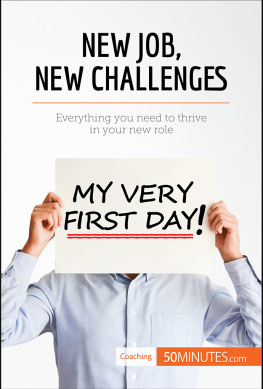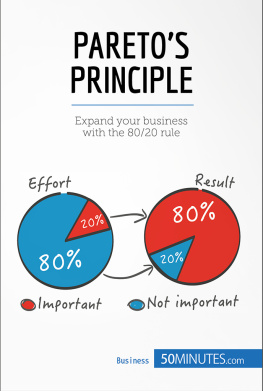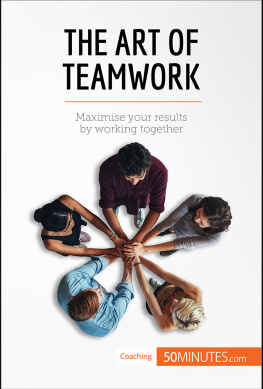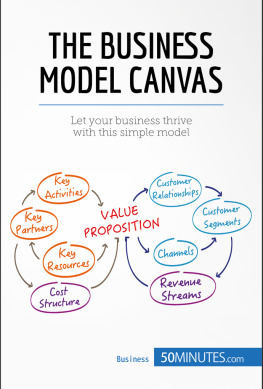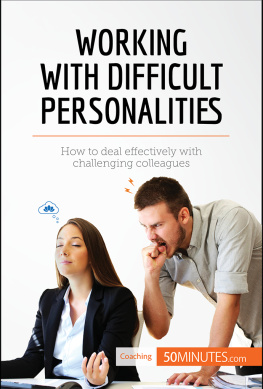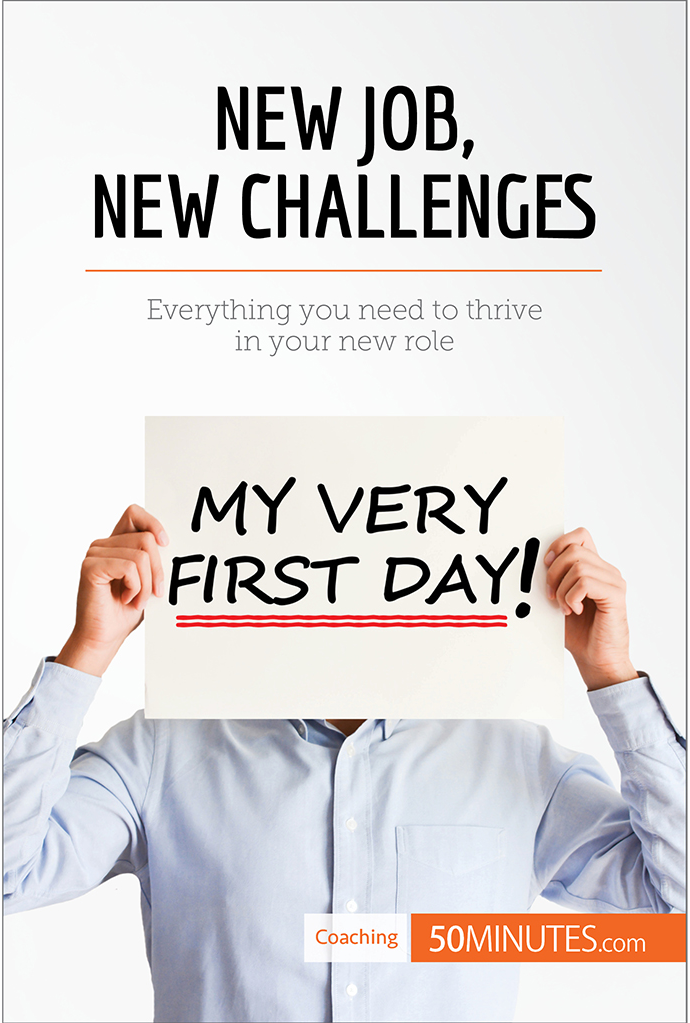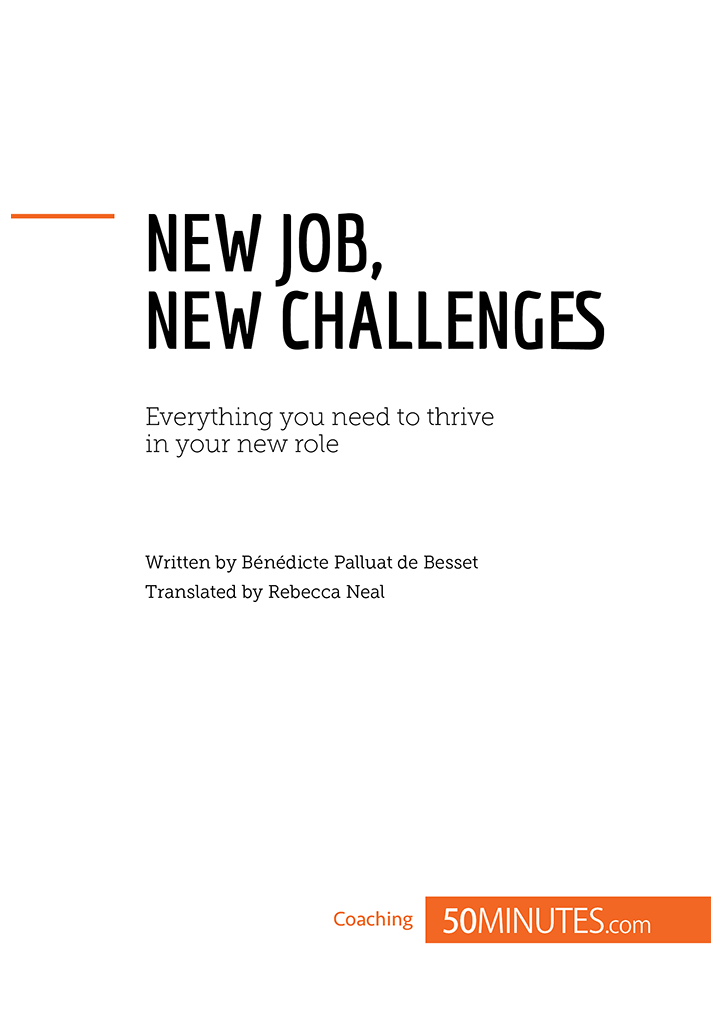Whether you are a recent graduate, a new hire or a freshly promoted employee, the first few months of your job are crucial. The recruitment process only really ends after this period, and it provides vital indications about the employees future at the company.
However well the first contact during the recruitment process went, starting in a new role often means significant pressure. Making the effort to quickly acquire credibility with the people around you will help you to be accepted and acknowledged in your role and give you a strong enough foundation to effect change. In order to secure this valuable legitimacy, you will need to know the mistakes to avoid and the tricks that will allow you to understand your employers expectations.
Like the first 100 days for political leaders, the first few months at a company are vital to prove yourself and show that you deserve to be there. Recruitment agencies, HR departments and managers are well aware of this, which is why it is so important to prepare for your new job, pay attention to your new environment and communicate as effectively as possible.
Starting a new job: the basics
Whether you are returning to work after time off or moving straight from one job to another, you will need to prepare for your new duties. This preparation will be different depending on your situation and your profile, but neglecting it would be a big mistake!
Preparing to get off on the right foot
Starting a new job requires considerable personal investment. Be prepared to spend a lot of time at the office, whether sitting at your computer, in meetings or with your new colleagues. Being there more at the beginning will allow you to identify the main issues the role, adjust your expectations to the reality on the ground and get a good overview of how your new company works. You should give the role your full attention in order to pick up on all the official and unofficial information you can get your hands on; both are essential to understand the culture of your new company. In order to tackle this marathon task, it is important to be physically rested, stick to a healthy lifestyle and be intellectually and psychologically ready to take in, interpret and analyse the new information.
E XTRA INFORMATION
When you accept a new job, you may be well aware that it will take up a big chunk of your time for the next few months, but the same cannot be said for your friends and family. Make sure you tell them. It is not always easy to see your free time eaten away at, but it is even harder when you are constantly being invited to do things and people are reluctant to take no for an answer.
Always do some research on your new employer, as this will stop you from asking questions you should have already known the answer to. Find out everything you can about them. Be curious! Some companies publish an introductory booklet for their new employees. Read it thoroughly, but keep in mind that it is a communication tool and may be quite subjective.
If you are returning to work after time off, it may be useful to work on your memory and concentration before the big day. Memory games, brain teasers, mental maths, logic puzzles, and so on are easy and fun exercises that will make you more efficient when you go back to work. Similarly, if your life lost its structure during your months of job searching, reintroduce a regular schedule and start (or go back to) exercising.
Conversely, if you are coming straight from another position, try to take at least a months break between the two jobs. This will give you time to reflect on your old position, think about your expectations for your new job and recharge your batteries. Make the most of this downtime to put your old job completely behind you. You can get a sheet of paper and list both the positive and less positive parts of your last experience. Turning the page on this period of your career will allow you to begin your new job with a fresh outlook. Starting a new job nostalgic for the past is never a good idea. Comparing the IT systems, working processes or management methods of your new working environment with your old job is not the best way of justifying the decision to hire you.
Integrate successfully through active listening
The first step in establishing your credibility is to fit in at your new company. In order to do this, you need to pay close attention to your new environment and listen out for all the little signs around you. In other words, try to understand where you have ended up working!
Obviously, you need to pay attention to everything that is explicitly told and explained to you. Do not be afraid to take notes, even if you end up writing everything down. Make sure you organise them well and reread them every day. The aim is to make sure that they are accessible and understandable and that everything is clear to you. If some parts are vague or incomplete, ask your new colleagues. It is completely normal to have questions when you are new!
On top of all these official indications, there is also unofficial information, which is often more difficult to catch but just as vital if you want to find your place within the company. What are the relationships between team members like? How do coffee and lunch breaks usually go? Who seems particularly distant towards you? By actively observing your new work environment, you will find out who you can trust, who you can ask questions and who you can look to for support, as well as who wields influence and who behaves more politically. By paying attention to the culture of your company and to all the people you talk to, you will be able to understand and analyse what they expect from you. This stage is vital in building your credibility. Indeed, since credibility is entirely subjective, individuals grant it based on their own frame of reference. Each person will decide whether somebody is credible or not according to their own needs and expectations.
Get your skills recognised with smart communication
It cannot be stressed enough: knowing how to communicate is a major asset if you want to succeed. You can have all the skills and experience in the world, but if you cannot get your knowledge across well and fail to showcase your strengths, it will be difficult for you to make an impact.
Appearance matters
As early as the 1 st century BC, the Roman rhetorician Quintilian had understood the importance of appearances, because he taught his students that Vestis virum reddit (the clothes make the man). This is even more the case in our image-conscious society: first impressions are decisive. This means that you need to choose clothes that are appropriate to your position and that you feel comfortable in. Do not forget about your hands and your hair, and pay particular attention to your posture. Someone who stands up straight, smiles and does not shy away from making eye contact exudes professionalism and encourages other to like and trust them. All these little external signs give you a general appearance that your colleagues will be keen to analyse to try and pin you down. Remember that it takes three seconds on average to make a judgement about a person and that more than half of this impression comes from physical appearance.

